-

Diversification and Growth Opportunities
Anyone owning landed estates and heritage property should consider an entrepreneurial approach to generating the right levels of income from the estate.
For those in the countryside, the current climate presents opportunities to capitalise on a seemingly growing rural society, following the change in working patterns. Such opportunities include providing business facilities, housing, local shop produce, as well as the possibility of hosting external events that previously may have been less feasible.
For urban estates looking to find ways to diversify their retail properties following a challenging period, you may be interested in our “retail repurposing” toolkit, or more traditional models, such as place making, which has proved popular if you are interested in philanthropic causes.
These projects require substantial funding and we are able to support you with the right connections.
Below are some of your options:
Forestry
Recent market data suggests that the value of forestry traded each year is worth around only £150 million. It is a small investment arena, but one that is set to grow as investors become increasingly aware of its qualities.
Forestry appears to be a particularly attractive option for international buyers. While a forestry purchase may appear “straightforward” in comparison to other property transactions, there are very specific due diligence requirements that may not be immediately apparent to a buyer. These include licensing concerns, employment issues and specific environmental concerns to name a few. We have experience and expertise in acting for buyers and sellers of forestry land in England and Wales.
Investment in commercial forests can also secure tax advantages for a UK tax paying investor. Forest(s) operated on a commercial basis (with a view to the realisation of profit) can benefit from wide-ranging reliefs, including 100% inheritance tax relief after 2 years (attaching to the land and timber). The qualifying rules (and steps needed to demonstrate a proper business) require careful thought, with several pitfalls for the unwary, but we have the necessary expertise to help support a tax efficient investment.
Rural Regeneration
With the change in working patterns leading to a likely increase in numbers of people working from home for the foreseeable future and perhaps some looking to live in the countryside as a result, there is real opportunity for redevelopment of disused buildings, housing stock and business spaces, to encourage local businesses and regenerate rural communities.
This can create a requirement for reliable services, such as internet and mobile phone coverage, and an increased demand for heating and electricity with the challenge of limiting the impact on climate change.
We can assist with all these projects, including strategic land, renewables, planning and telecoms.
Tourism, leisure and event staging
We have seen an increase in landed estates and heritage properties using their assets, locations and settings to host iconic events.
Our experienced lawyers are able to help with all aspects of hosting events including agreements with event organisers and contractors, planning, dealing with temporary and permanent staff, right through to data protection and insurance and cancellation policies.
Please listen to our podcast series here if you are interested in hosting outside events.
Branding
In commercialising estate assets, the owners are operating a branded business, and should take steps to ensure that they create, protect and nurture the brand, just as any other commercial brand owner would do. This includes ensuring consistency of branding, and protection of all the intellectual property rights relating to the estate businesses. A key element of this brand protection is obtaining registered trade mark protection for the names and logos used in the estate businesses. Our specialist brand protection team is able to assist with all aspects of intellectual property protection.
Vineyards
With the recent health crisis and Brexit, there is a perceived growing trend to “buy local”. This not only presents opportunities for those in the hospitality and tourism industry, but also extends to luxury goods products, including wine.
Buying, or renting, land to establish a vineyard requires nuanced legal advice derived from an understanding of viticulture. There are a number of boutique funding options for those interested in buying vineyards and specialist agents that we are able to connect you with.
For the products themselves, we understand the importance of having the right branding and how the wholesale market works.
Through our Paris office, we have Frédéric Jeannin who has advised families who bought or sold vineyards, large French spirits corporate in the tax structuration of acquisition of companies owning vineyards and champagne producers in various disputes.

What's important to you is important to us. Let's talk
If you would like to speak to a member of our Private Wealth team or to find out more about how we work, please get in touch
Our thinking
-

-

Spring budget 2024: Agricultural Property Relief extended from 2025
Hannah Connors
Insights
-

-
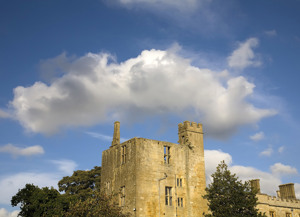
The Financial Times quotes Suzanne Marriott on inheritance disputes
Suzanne Marriott
In the Press
-

What changes does the Levelling-Up and Regeneration Act 2023 make to heritage planning?
Doua Benamer
Insights
-

-

-
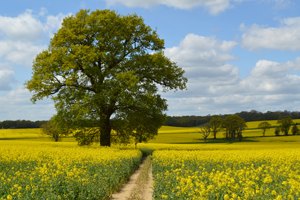
-
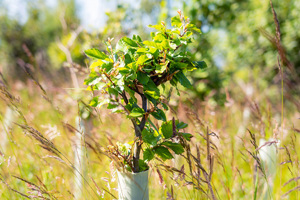
-

-

-
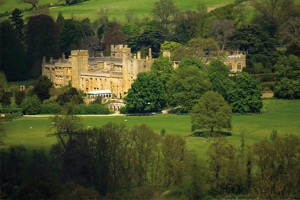
-
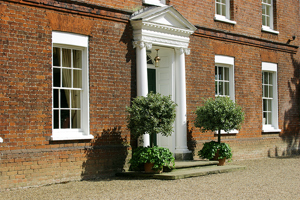
Diversification of landed estates – a trade mark lawyer’s advice...
Mary Bagnall
Insights
-
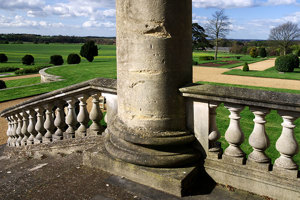
-
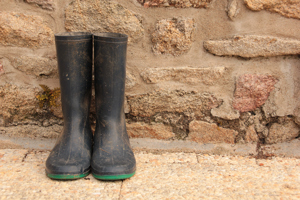
Naomi Nettleton and Tristram van Lawick quoted by Citywealth on the ways in which landowners are embracing change to sustain and diversify their operations
Naomi Nettleton
In the Press
-

Landed Estates and Historic Properties: Staging outdoor events – part 3
Naomi Nettleton
Podcasts
-

Landed Estates and Historic Properties: Staging outdoor events - part 2
Naomi Nettleton
Podcasts
-

Landed Estates and Historic Properties: Staging outdoor events
Naomi Nettleton
Podcasts
-

-

Non-UK domiciliaries: Inheritance tax issues and opportunities
Dominic Lawrance
Insights